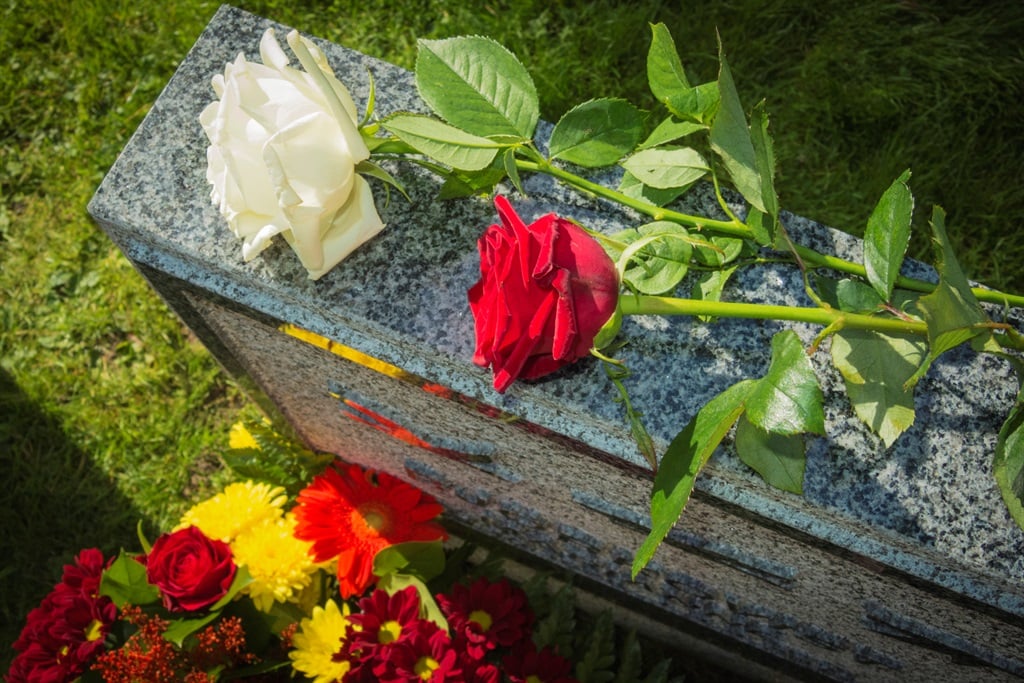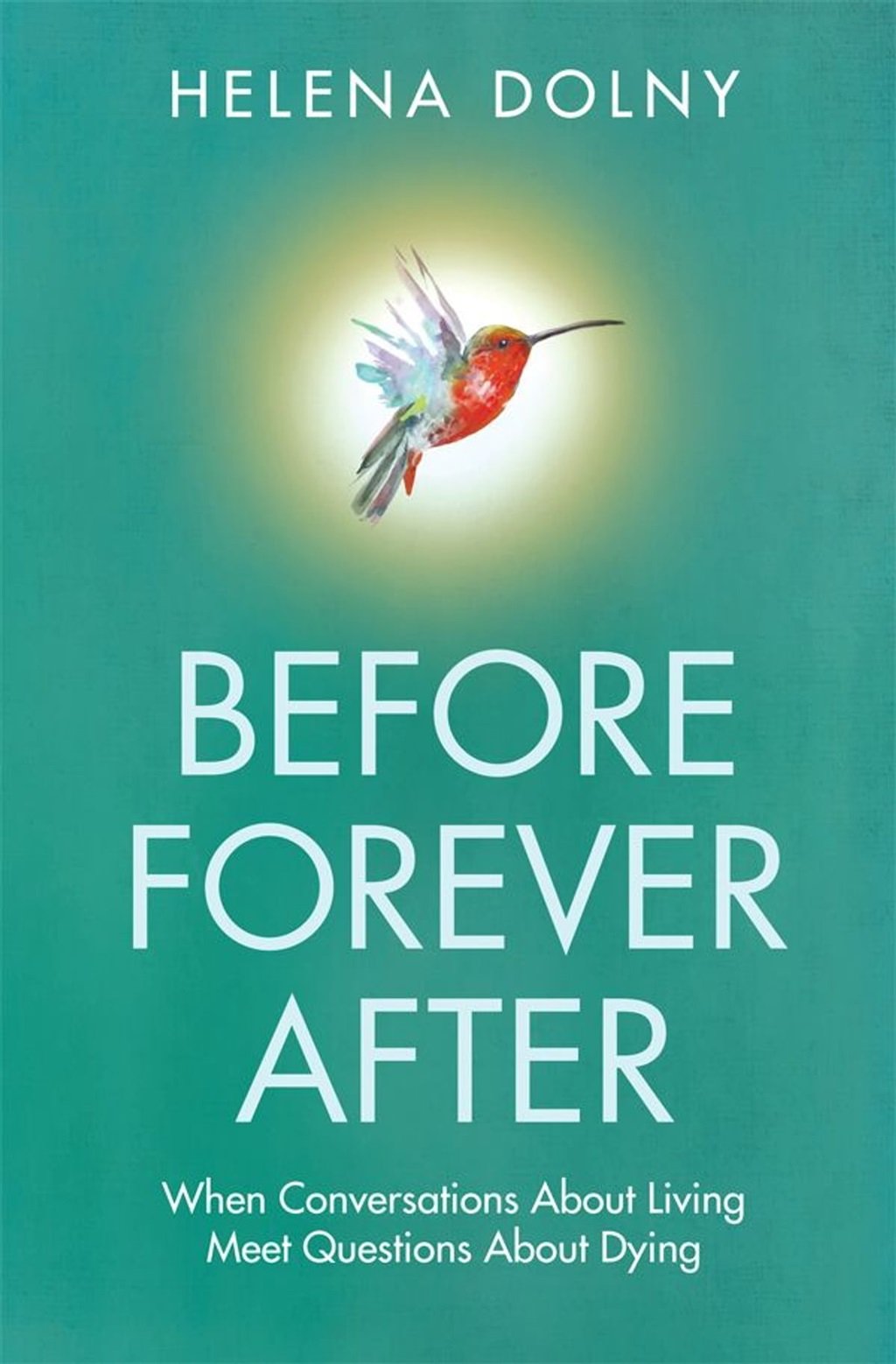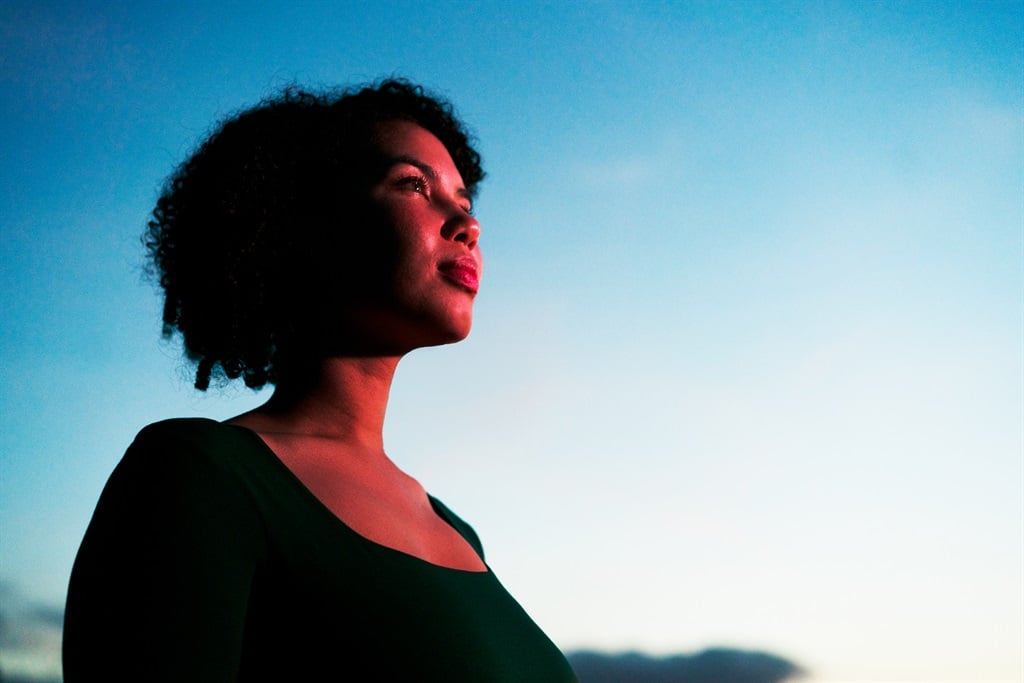
“As a society, we must confront the necessity of assisted dying, not only for the sake of the dying but also for the sake of the living,” writes Bhekisisa Mncube. (Photo: Jan Hakan Dahlstrom/ Getty Images)
I am relieved, in hindsight, that my parents died before becoming unable to care for themselves and before they had to kept alive by machines, writes guest columnist Bhekisisa Mncube.
My mother, Ntombikayise Rosta MaMlambo Mncube, aged seventy-eight, died on 4 January 2021 due to Covid-19, and my father, M’fulathelwa Andreas Mncube, aged eighty-five, passed away earlier this year due to complications from dementia and high blood pressure.
My mother was comatose in hospital for less than two weeks. My father, whom I loathed, was in and out of hospital as an outpatient for two years, for which I covered the transport fees of R1 000 per visit. The hospital, KwaCeza, is 60km from home. When death was approaching, he was hospitalised and succumbed to his ailments in less than two weeks.
I was relieved he died sooner rather than later. He had shown advanced mental confusion and was unable to live peacefully with the grandchildren, his only companions after losing his wife and his children, who are all married and live elsewhere.
My mum died too soon in my opinion; she was still able to walk and run errands. However, she stood no chance against Covid-19, especially with her underlying condition of uncontrolled type 2 diabetes, despite being on the government’s chronic medication scheme. She lived a simple life in the impoverished north of KwaZulu-Natal, in Ulundi, eNewland village near Mkhazane.
ALSO READ | LIVE BY DESIGN | Fatherhood: What’s the legacy you aspire to leave your children with?
For many years, she lived off the land, ploughing mealies in summer and vegetables in winter. She was always bubbly and busy, epitomising the saying, “the early bird catches the worm”. Although still active, she was no longer able to plough the fields. I feared the worst as old age ravaged her body. I loved my mother dearly. I still believe she is my most enthusiastic ancestor, alongside my trusted ally, my maternal grandmother uMaShandu. Somehow, I am glad she was spared prolonged pain and anguish for both her sake and mine.
I shudder to think how my parents, or anyone for that matter, would have coped when they needed assistance with daily living, including navigating the tough terrain for toilet routines, which involved using a pit latrine 500m away from the nearest hut. How would they have managed to fetch water? Who would have borne the financial and emotional cost of this care?
My relief that my parents died when they did is for three reasons.
First, I did not have to confront the reality of my parents living at home alone or with hired help. In rural areas like Ulundi there are no homes for the elderly with high-care facilities. My parents would not have left their humble home of their own accord, even if I had the facilities and financial resources. So, I neither had access to facilities nor the money to pay for them.
Secondly, I do not have the emotional resources to support anyone in prolonged distress without threatening my mental health. I have lived with major depression and have been on medication for over 20 years. Any minor change in my emotional state can set me back five years.
Thirdly, my parents lived in a village that had no access to intensive care or high-care facilities at the nearest hospital, Nkonjeni. Although, by the time my father died, we had found a functioning government hospital, KwaCeza, I doubt they had an ICU. Even if they did, current government regulations require an ambulance to convey any patient in distress to the nearest hospital, which in this case was the death trap Nkonjeni.
I have become aware of how different the dying experience can be, especially when the end involves hospitalisation. This week, I heard a harrowing tale from a former colleague whose father is in and out of the intensive care unit. The lives of my colleague and her siblings have come to a standstill. They cannot hasten the end of their beloved father’s life, yet they all know that the end is near.
This experience underscores the importance of having difficult conversations about end-of-life care and the need for compassionate policies that consider both the dying and the living.
Being caught between the dying and living zones of a parent takes an immense emotional toll, regardless of one’s financial resources or access to private or public healthcare.
READ MORE | LIVE BY DESIGN | Rites of passage as celebratory cornerstones of life
Watching a loved one lose their independence and dignity is a painful experience, and I am grateful my parents were spared this fate. Therefore, I am thankful that my parents did not have to endure a prolonged and undignified decline. Their passing was a mercy compared to the alternative.
As a society, we must confront the necessity of assisted dying, not only for the sake of the dying but also for the sake of the living. We, the living, cling to the notion that the deceased are spared pain, yet the truth is we are not so sure about the complexities of the afterlife. Our focus must be on the living, for we know the pain and anguish.
Mncube is a finalist for this year’s Standard Bank Sikuvile Journalism Awards. He won the regional award at the 2020 Vodacom Journalist of the Year Awards. His latest work, The Ramaphosa Chronicles, is now available for purchase here.
Want to read more articles in this series? Click here.
Disclaimer: News24 encourages freedom of speech and the expression of diverse views. The views of columnists published on News24 are therefore their own and do not necessarily represent the views of News24.





Recent Comments